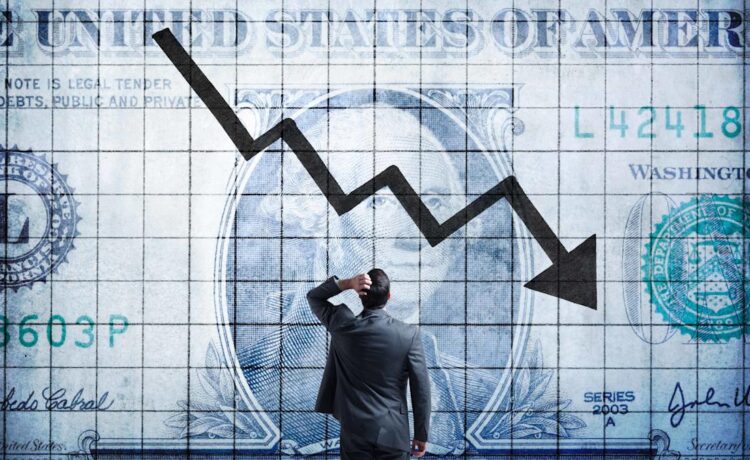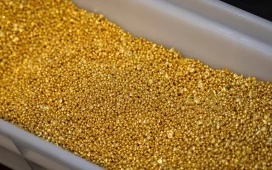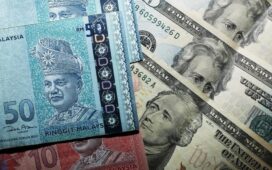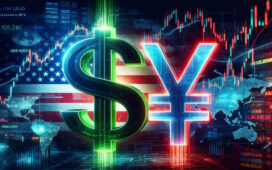00:00 Speaker A
If we start to see this current moment with standing where we are seeing the dollar moving up a bit, but if we continue to see this dollar weakness narrative being a little bit sticky Jane, how do you think about how that affects kind of the impact of these tariffs and how does that play into the economic risks of the tariffs as well? Does a weaker dollar make the impact of tariffs more potent?
00:42 Jane Foley
Uh well a weaker a dollar could certainly increase inflationary aspect for for US consumers. I mean that, you know, that’s that’s why generally speaking, or one of the reasons why normally you’d expect the currency to go up because tariffs mean a consumption tax, if you like, for US consumers that the Fed would become more hawkish, the dollar would go up and and therefore some of the inflationary impact would be dispelled. The weaker dollar, if it were to continue, would indeed indicate that the inflation impact for for US consumers could indeed be worse. Um and therefore, um it doesn’t necessarily sit with the idea that the Fed would be cutting interest rates anything like five times as much. So there’s a lot really to wash out here. Uh we have the indication from Powell on Friday that he’s going to wait and see. He’s in no rush to come to the market’s aid and and cut interest rates quickly and and I do think um that if that’s the case that the market might again start to price out some of those those cuts that it’s been pricing in over the last few hours really, over the last couple of days.
02:54 Speaker B
Interesting, Jane. I suppose ultimately the question comes down to how much do you think tariffs are inflationary and how much do you think they are tax on the consumer and therefore hit to growth? Because that really will drive the Fed’s narrative. How much are they prepared to look beyond the sort of short-term hit on inflation expectations? And if I’m right, I think one year inflation expectations are up a lot and 10 year are actually going down. So the market’s already grappling with that. Where where would you sit in that camp?
03:47 Jane Foley
Well, I I suppose nobody really knows. I mean, you could take a very straightforward textbook approach and say, yes, you know, these are going to be a one-off, which of course is why the Fed’s Powell reintroduced the word transitory a week or two ago when when thinking about the impact from from tariffs. If that’s the case, then the Fed will be able to look through them. But other economists have cited the fact, well, they’re not really going to be transitory. They they could be sort of knock-on effects or these tariffs could come through at different points of time and actually the net effect that we get is is something that lingers for a little bit longer, particularly if higher inflation is then built into wage negotiations, et cetera. So it’s very, very difficult to know that right now. And again, another reason, I think, for for the Fed, you know, to sit back, but by using the word transitory a couple of weeks ago, well, the Fed gave the market a free pass to think, ah, you know, the Fed will just be concentrating on the growth aspect of its dual mandate and not the inflation aspect. So if you like, that’s what that word did to market expectations and and I think we need to see what other Fed officials say or, you know, the data, but it’s going to take a while before we get post tariff data to see whether or not, you know, the Fed are really worried about the impact of of this inflation or not.





